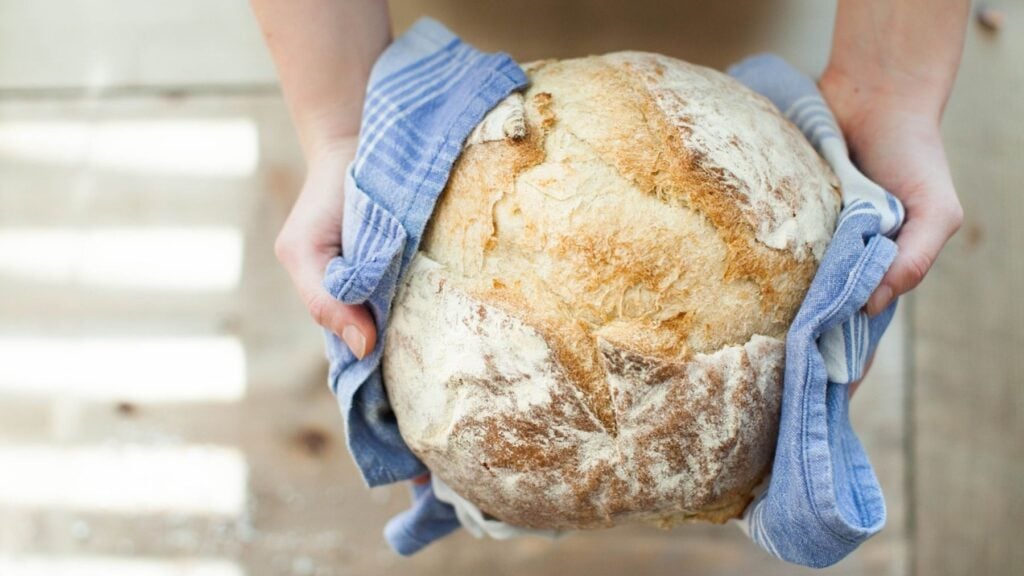If you are following a balanced diet but still struggle to lose weight, registered dietitian and nutritionist Ilana Muhlstein has an explanation for you: not all healthy foods support weight loss. Some nutrient-rich foods may inadvertently lead to weight gain.
To help those aiming to lose that extra weight, Muhlstein shared six seemingly innocent foods that may be sabotaging your health journey. Here’s what you should know.
1. Granola
Granola might seem like the perfect crunchy snack, but Muhlstein compares it to the caloric equivalent of a “crushed-up cookie”. A single cup can include up to 600 calories, making it a dense and sneaky contributor to weight gain. While the oats are nutritious, granola is often coated in oils, nut butters, honey, or even tossed with chocolate chips. For a lighter option, sprinkle granola sparingly as a topping instead of having it as a full serving.
2. Nut butters
Nut butters like almond or peanut butter are packed with healthy fats, but Muhlstein warns against relying on them as a main source of protein. “If you are trying to eat peanut butter for protein and you’re having a peanut butter and jelly sandwich, you are having a lot of calories, a lot of carbs… and very, very little protein overall”, she notes. You can opt for full-fat versions, but always in moderation.
3. Sourdough bread
Sourdough bread gained massive popularity during the COVID lockdowns, but Muhlstein says it’s just bread. Although it has a lower glycemic index and fermentation benefits, it carries significant calories. It’s “still not cauliflower”, she points out to her clients. Even with fermented varieties, bread can easily become an obstacle to weight loss when consumed regularly.
4. Avocado
Avocados are often praised as a superfood, rich in healthy fats and fiber. However, they can also be calorie bombs when eaten in excess. “Most women only need about one avocado’s worth of fat a day”, explains Muhlstein. Stick to a quarter or a third of an avocado per serving to keep your fat intake balanced. Despite their nutritional value, eating too many avocados can slow your weight loss progress.
5. Pesto
Pesto, with its savory mix of olive oil, Parmesan cheese, and pine nuts, is delicious but deceptively high in calories. When you dip bread in it or add it to pasta, it can quickly become excessive. For a leaner version, Muhlstein recommends swapping out some ingredients: more basil, less oil, and alternatives like Greek yogurt and nutritional yeast instead of cheese.
6. Chia seed pudding
Chia seeds are nutrient powerhouses, but turning them into a pudding can lead to unintentional calorie overload. While chia seeds contain fiber and omega-3s, a typical serving of pudding often requires more seeds and sweeteners than people realize. Instead of indulging in large portions, use chia seeds in moderation, adding them to your diet in controlled amounts.
Understanding the difference between healthy and weight-loss-friendly foods is crucial to achieving your goals. By paying closer attention to calorie density and portion sizes, you can make smarter choices that support both your health and your weight loss journey.
